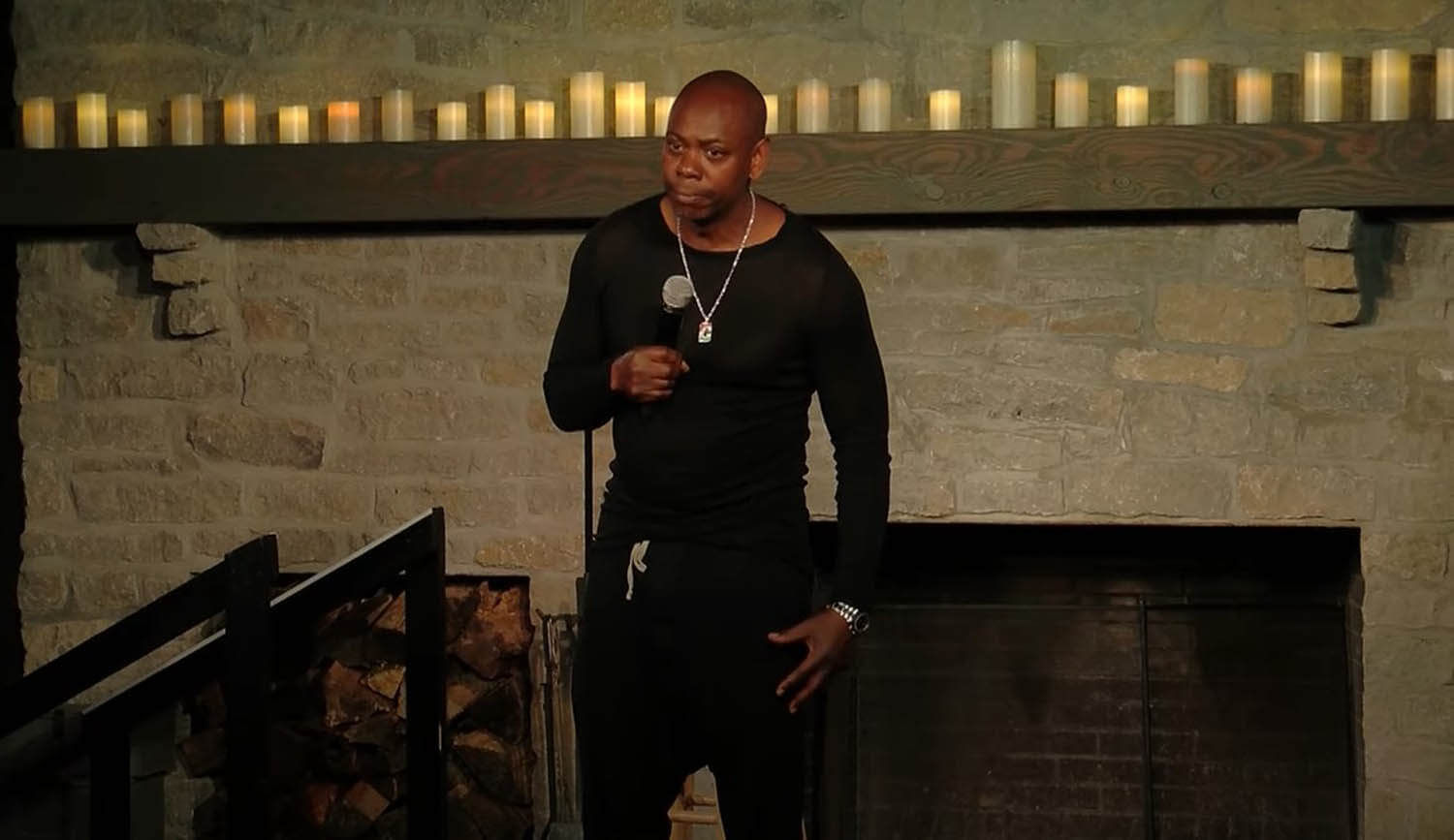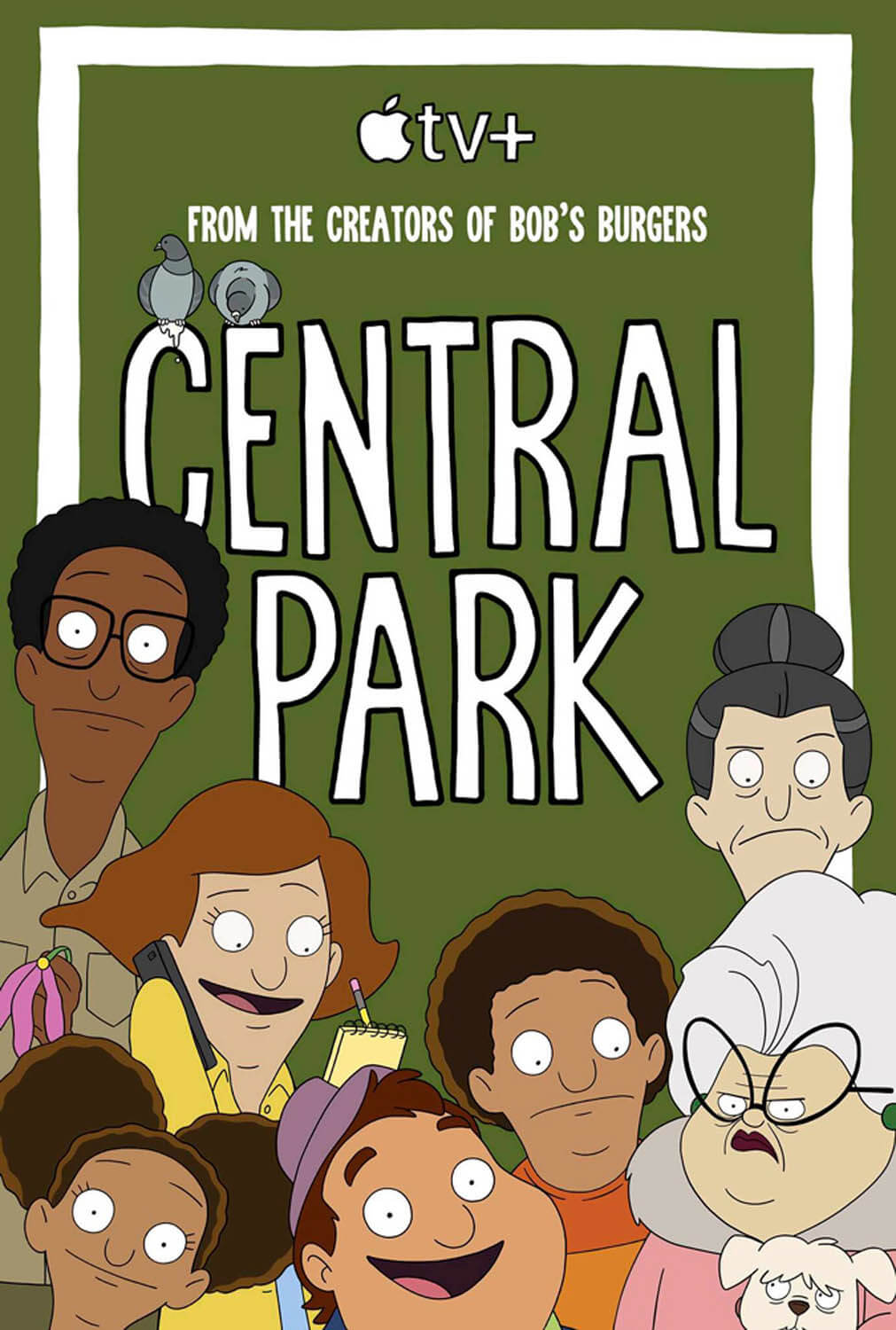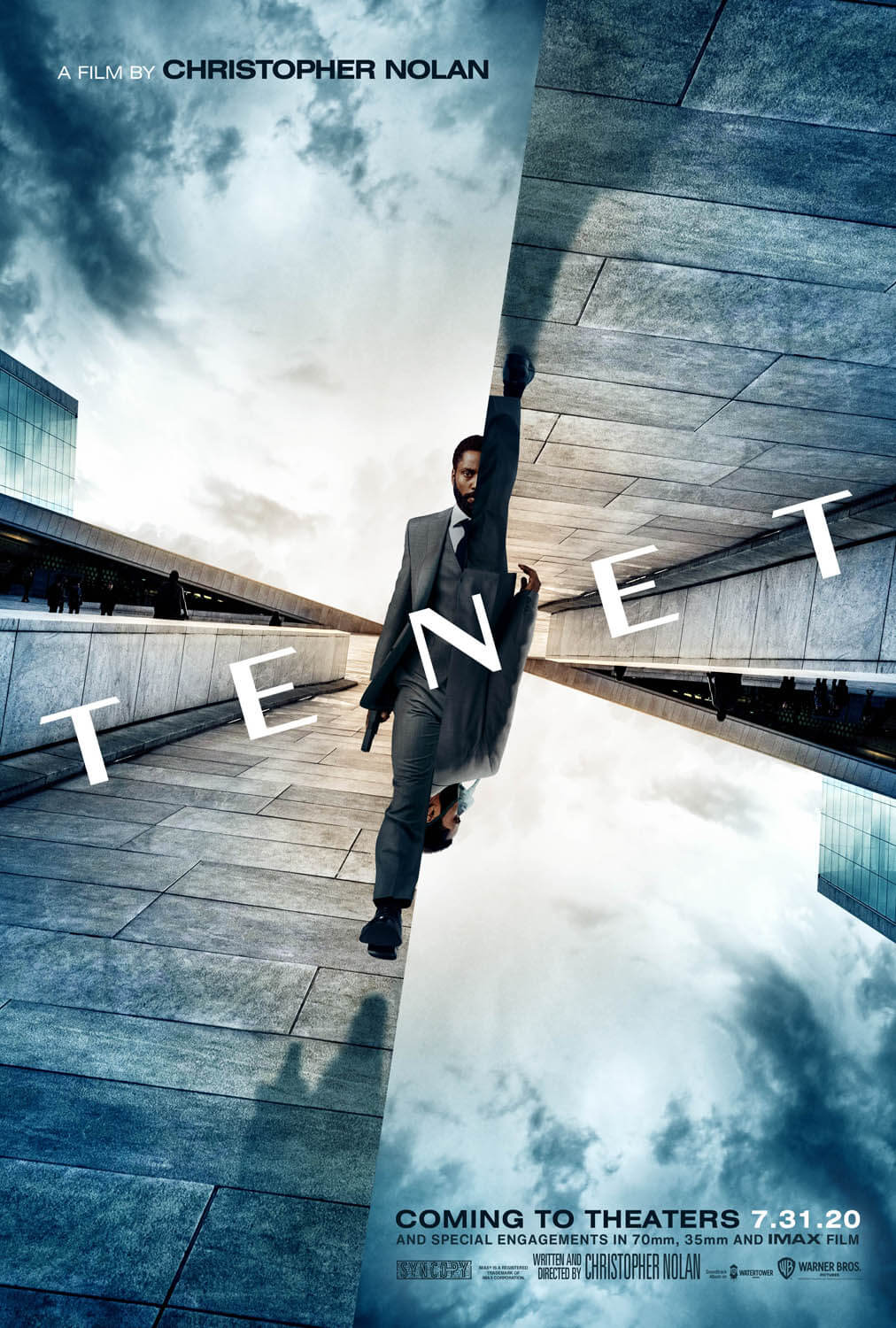Dave Chapelle’s 8:46



On Friday Dave Chappelle dropped a surprise stand-up set for free on Netflix’s YouTube page. Titled 8:46 the special is really not comedy, it’s just Chappelle working through the recent events in America. It was probably meant to be comedy, as Chappelle has started workshopping new material around his hometown of Dayton, Ohio (mostly at drive-in theaters in deference to social distancing requirements). This special was taped at an outdoor venue, with a small audience spaced neatly apart, everyone in masks—some clearly provided by Chappelle’s people—and gaining entry only after having their temperature taken. The message is clear—Chappelle is trying to find the path back for live performance during the pandemic. But another message is equally clear: Dave Chappelle can’t just tell jokes when people are in the streets marching after yet another unarmed Black man was murdered by the police.
8:46 is more in the vein of Hannah Gadsby’s Nanette. Sure, there are some jokes, but mostly this is a person at the end of their rope expressing themselves the way they do best: on stage with a microphone. Chapelle is in turns wired, furious, and viscerally tired. Over 25 minutes he connects a string of police violence and repeatedly returns to the refrain that “the streets will speak for themselves”. At the top of the set, he addresses the young people currently “driving the car” and says he is “very comfortable in the backseat”. Chappelle is obviously thinking about where his voice belongs in the ongoing discussion about race and anti-Blackness in America. On the one hand, he is a huge celebrity with a powerful microphone (his special has been trending on YouTube all weekend). On the other hand, why should he have to speak when young people are speaking, and when the pattern of systemic anti-Black violence in America is so OBVIOUS?
This is what Chapelle does so well in 8:46, he lays out the pattern and asks repeatedly why he even needs to speak publicly when the problem is so glaringly, hugely obvious. Watch the video of George Floyd’s murder, he says, and you’ll be furious, you’ll know why people are marching. Why does anyone have to speak when we have George Floyd in his own voice, pleading for mercy and his mother? Chappelle also lays out a timeline, illustrating how frequent police violence is—there is so much the news media can’t keep up and some stories, like John Crawford’s, get lost in the national news shuffle.
8:46 is rough around the edges, and Chappelle is clearly still processing and organizing his thoughts, but it also cuts to the bone and demonstrates the power Chappelle has in his voice. He has always been his sharpest, wittiest, and yes, funniest, when approaching matters of race, racism, and white supremacy. He has huge, glaring blind spots, but on this subject, few can touch Chappelle for his ability to craft a narrative and articulate pain through humor. There isn’t much humor in 8:46, but I bet this is not the last we hear from Chappelle discussing anti-Black police violence. I won’t be surprised if 8:46 morphs into a fuller set down the road. For now, it is a stark reminder of how powerful Dave Chappelle’s voice can be, and that even if the streets are talking, his voice is a welcome addition.

